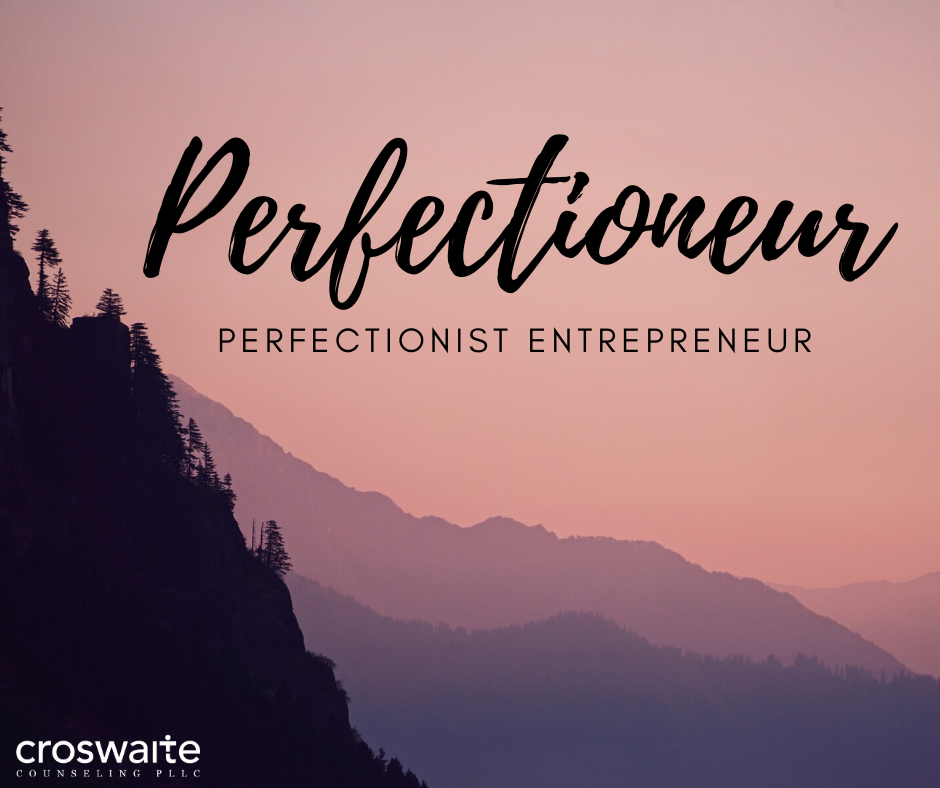Photo by Dstudio Bcn on Unsplash
You may have heard of Christine Miserandino’s The Spoon Theory. She was attempting to explain how chronic illness limits a person’s abilities and energy, including the experience that she must remain mindful of her spoons to not feel depleted or suffer as the result. It’s a concept that resonates with so many people, even when we apply it to cancer treatment, workaholism, and burnout, as I have with certain clients over the years.
As a skier, my spouse would say it’s the concept of leaving a little left in the tank. You can’t give it all on the mountain and be on “empty” when trying to drive yourself home safely.
A client recently described it as social coins and introversion or extroversion. Introverts spend coins when being in social situations and replenish their coins when home recharging alone. Extroverts feel their coins being spent at home until they are around other people, thus regaining more coins. Similar to The Spoon Theory, when the coins are gone, the person must pursue a shift to protect their remaining energy.
This protection of energy is what makes The Spoon Theory so effective in it’s application to different life experiences. As my client goes through her weekly cancer treatment, she has learned to ask herself how many spoons she has left and what she wants them to be used for at the end of the day. If she starts with 12 spoons but is feeling the toll of the chemotherapy on her body and mind, she could very easily find herself with 1-2 spoons left by 4pm. Then she has to make the decision of how to use them, such as a spoon to eat dinner or a spoon to pick up around the house. What really stuck for her was the question of what happens when you run out of spoons? In her case, she was trying to borrow spoons from the next day, finding herself even more depleted and sick as a result. Each choice and action comes at a cost.
So how does The Spoon Theory apply to workaholism? Many clients over the years have heard me talk about their energy pies. They have a pie and that is all the energy they have. There is no more pie. Each thing they pursue or have on their plate is represented as a slice of pie. The number of slices and how big or small they are, are constantly changing based on what’s going on in the person’s life. For example, perhaps they are recovering from an illness, which has taken a significant slice of their pie over the last week. Or they are focusing on taking a big test in their career, resulting in a large chunk. What’s important to recognize is how the remaining things in their life then result in a smaller piece of pie. A workaholic focused on a big project is allocating a huge slice and is wondering why their relationships aren’t going so well. It could be the result of having their relationships having little to no slice of the pie. There is no energy left for them in how the workaholic is currently allocating their slices. Therapeutically, this concept has served as an important and simple visual for anyone who is frustrated by their lack of energy or progress, by being able to see how their energy pie slices are showing up (purposefully or organically) and by noticing which ones are largest versus some that may be small or completely absent.
As for burnout, we can now imagine an even smaller amount of spoons at the start of each day, or a bigger portion of the pie being consumed by burnout, which leaves little energy left for anything else. When we begin the process of burnout recovery, it’s the small but mighty shifts that we can celebrate where the focus becomes regaining and diversifying our pie slices in the goal of work-life balance, or protecting our spoons from being used up too quickly as the byproduct of burnout.
How can social coins, an empty gas tank, the energy pie, or The Spoon Theory help you in your goals for 2023? Taking inventory of your daily quantities can be a powerful place to start!



